The standard way to make pasta requires a lot of water, and it takes a long time for that big pot of water to actually start boiling. For these reasons, as well as my hatred for washing large pots, I don't cook pasta at home very often—at least not the traditional way.
Believe it or not, you don't actually need a ton of water to cook pasta, or a big pot for that matter. With this hack, all you need is a frying pan and enough cold water to submerge your pasta noodles.

Ain't nobody got time to wait for water to boil!
How to Boil Your Pasta Noodles Faster in a Pan
Simply add your noodles to a pan and pour enough cold water (about 1 to 1½ quarts) in to submerge them. Turn on the stove, then cook the pasta to a boil while stirring. Lastly, separate the pasta from the water when the noodles are to your liking.
Famous food expert Harold McGee, author of the renowned On Food and Cooking, demonstrates this time-saving technique in the video below. It looks like sacrilege—your nonna may be rolling in her grave—but the results speak for themselves.
The Science Behind the Magic
McGee discovered this far more efficient way of boiling pasta by experimenting with different amounts of cold water and pasta. He found that dumping the noodles into cold water from the start had little effect on the finished consistency of the noodles themselves because they absorb cold water at a much slower rate than hot water.
As the water temperature increases, the rate of water absorbed increases as well. Therefore, the age-old rule of "bringing your water to a boil before adding pasta" can be skipped. Additionally, using less water means that the water reaches a boil faster—which saves even more time.
J. Kenji Lopéz-Alt of Serious Eats gives another reason as to why using a lesser amount of cold water with pasta still works. When we boil pasta, the pasta will still absorb the same amount—regardless of the water's temperature or volume.

CHOW
And, as McGee writes, the flavor is exactly the same, no matter which method you choose. It even offers benefits for those who make their own sauces, too. Both McGee and Lopez found that using less water increased the concentration of starch in the pasta water, which helps thicken up homemade sauces. Additionally, the extra starch that clings to the noodles increases the amount of sauce that sticks to the pasta itself.
However, it should be noted that this extra starch also causes the pasta to stick together much more quickly. Therefore, pasta boiled in this method needs to be stirred every few minutes and cannot be left alone. But if you're as impatient as I am, and would rather wash a small pan over a huge pot, this is a small sacrifice for faster noodles!
More Pasta-Friendly Hacks:
Don't let your pasta hacks stop here—there are plenty of other ways to revolutionize the way you cook pasta.
If you're willing to go a step further and make your own pasta, add some color to create visually stunning dishes. Use a paper shredder if you don't have a pasta machine to cut your pasta into strands. Or, if all of that sounds like too much effort, it's possible to cook your pasta and your sauce in one pot—and the results won't suck, we promise
Lastly, don't forget to whip your pasta in sauce to create a perfect dish!
Cover image via Shutterstock





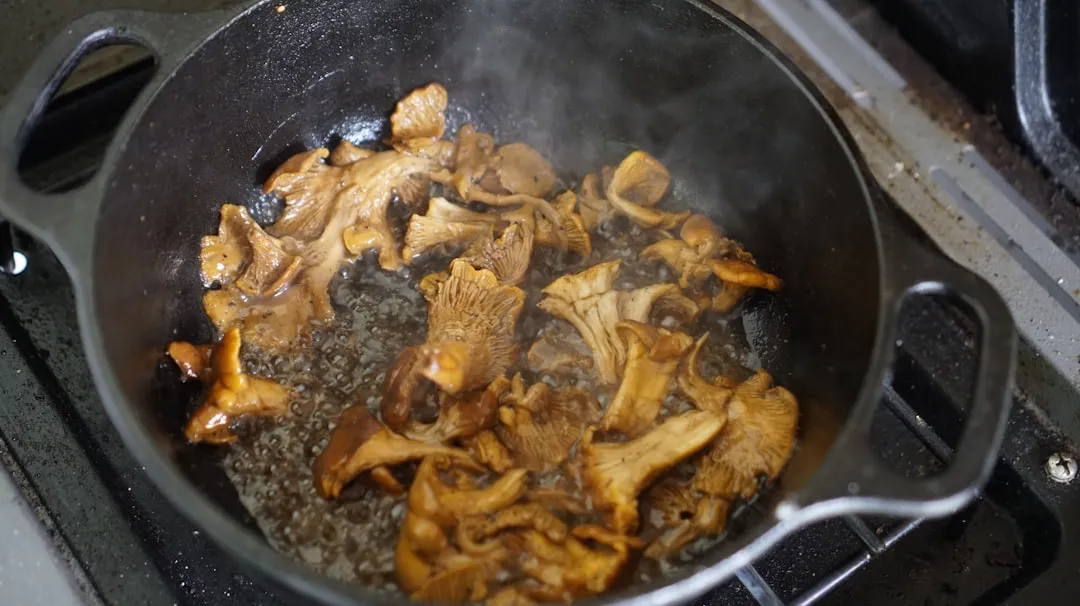

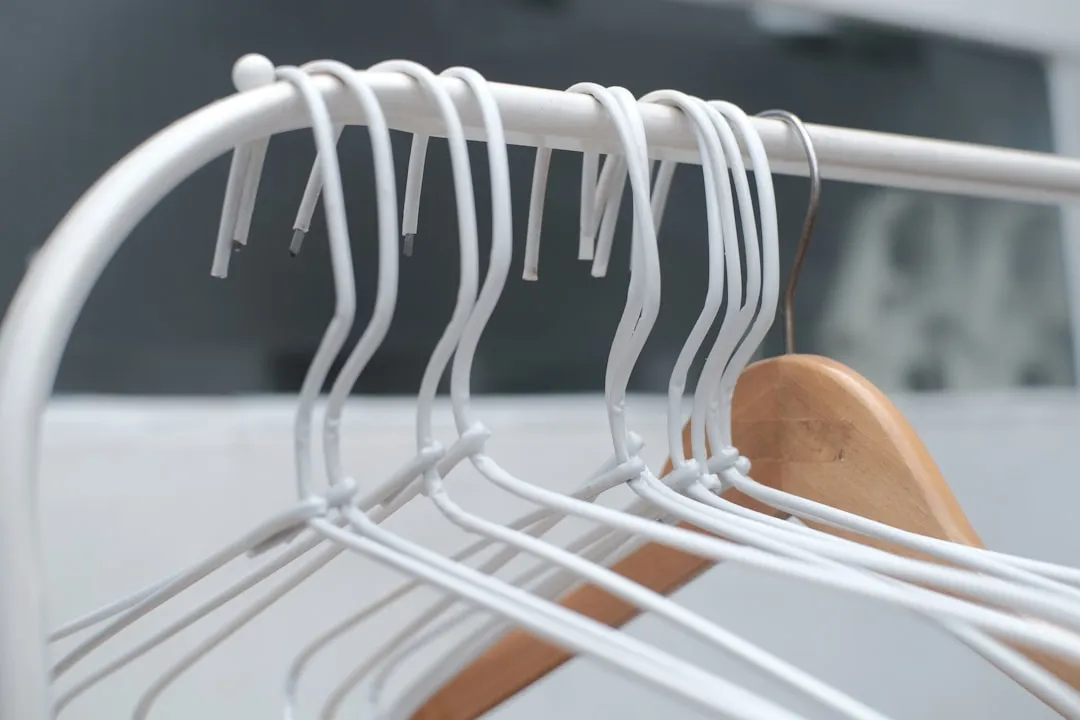
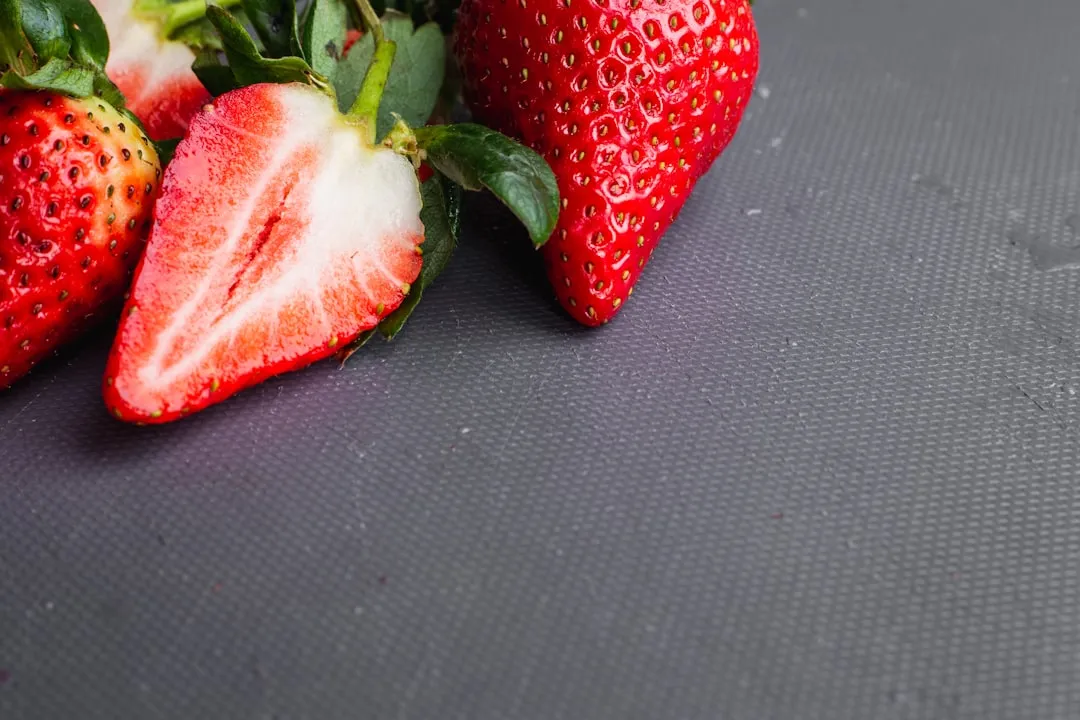
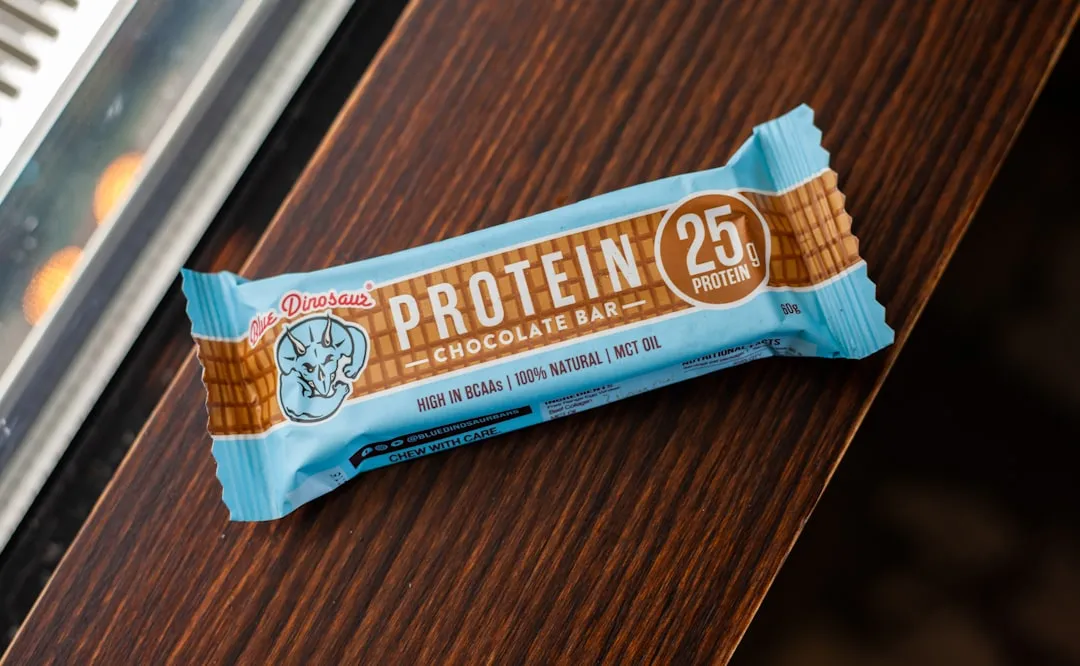
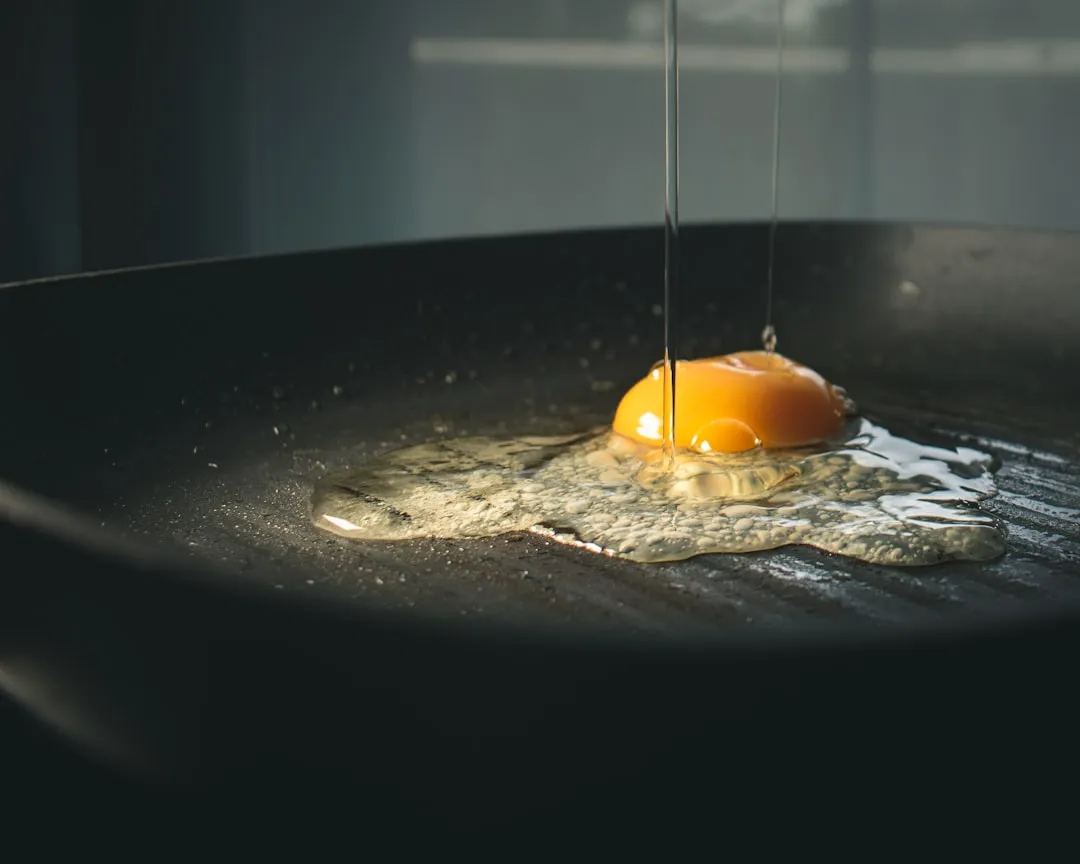
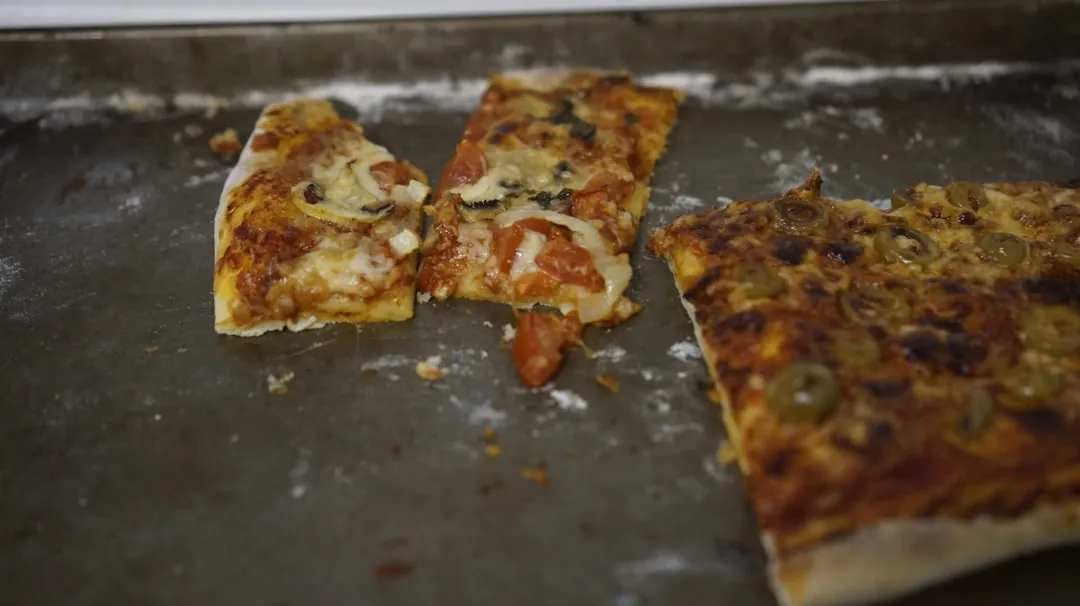

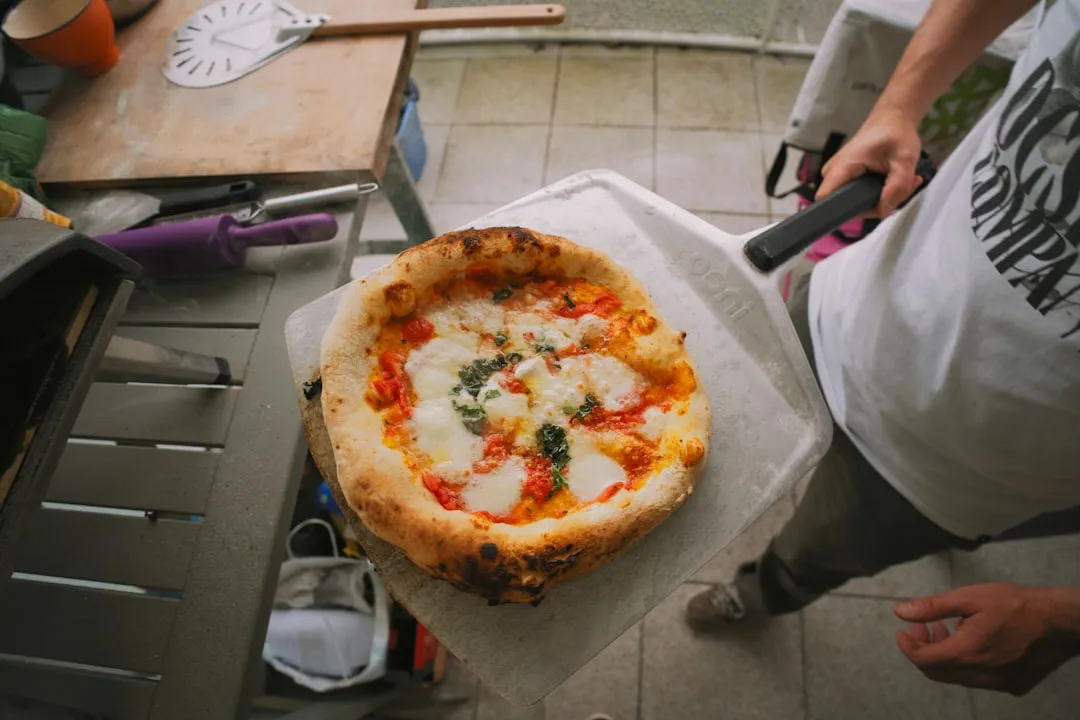
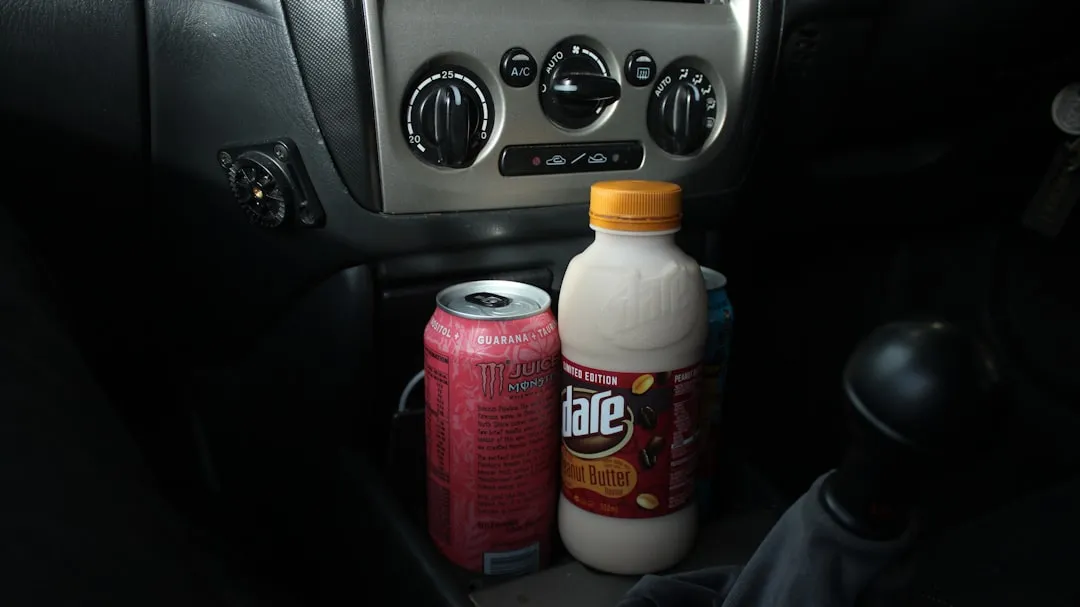
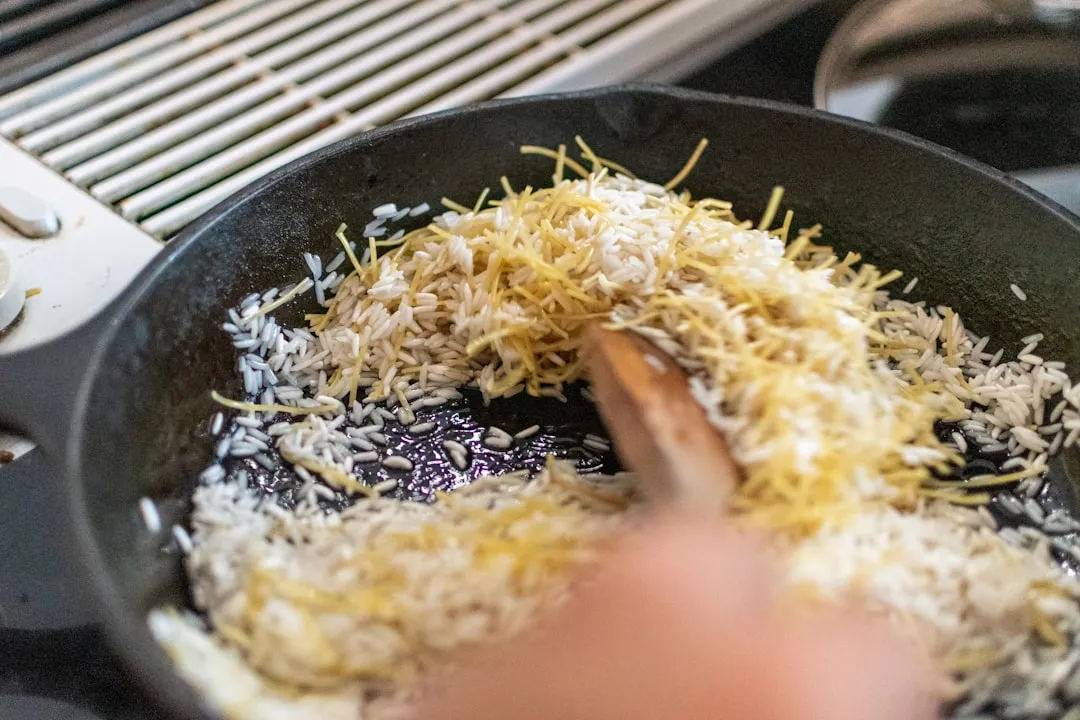

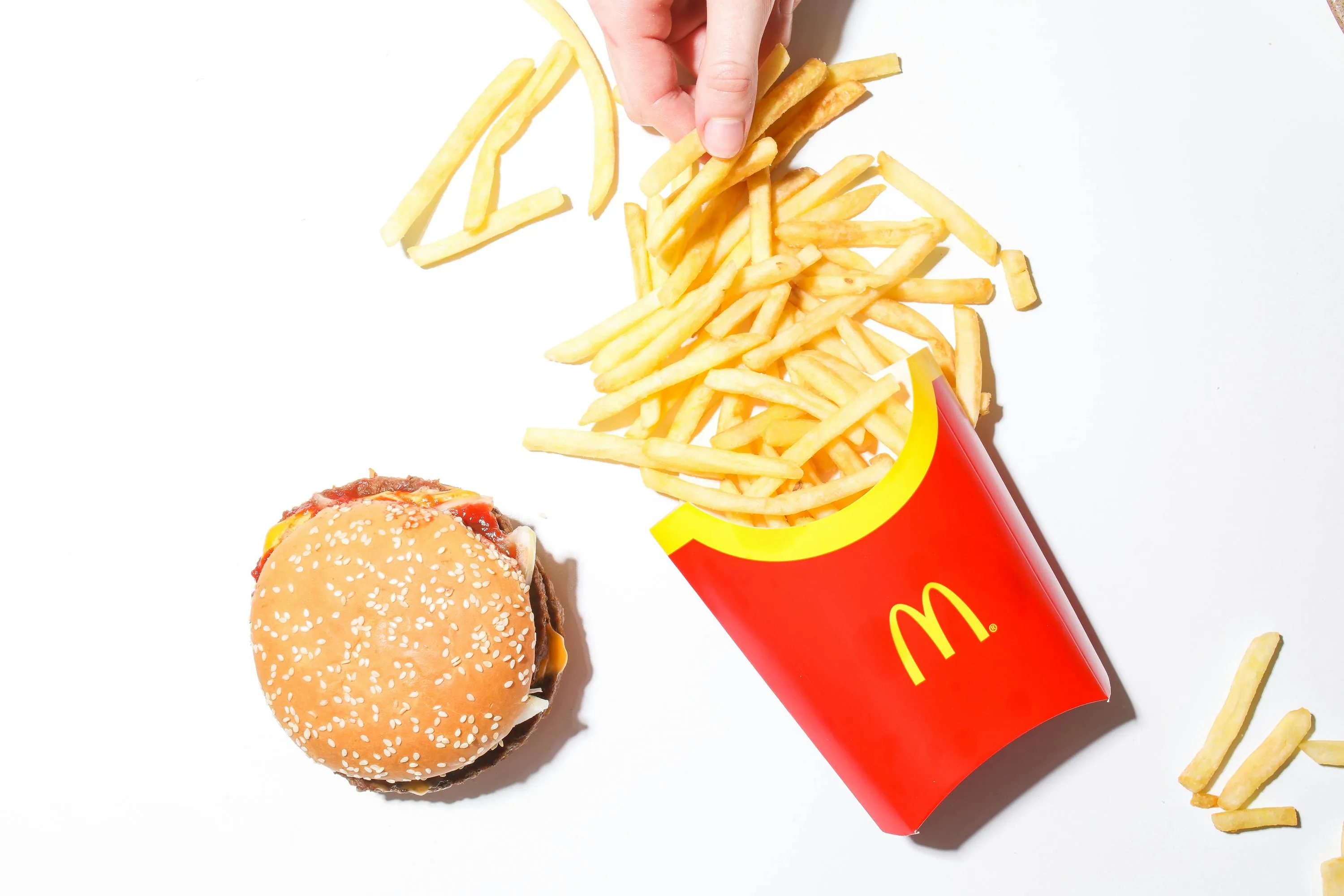
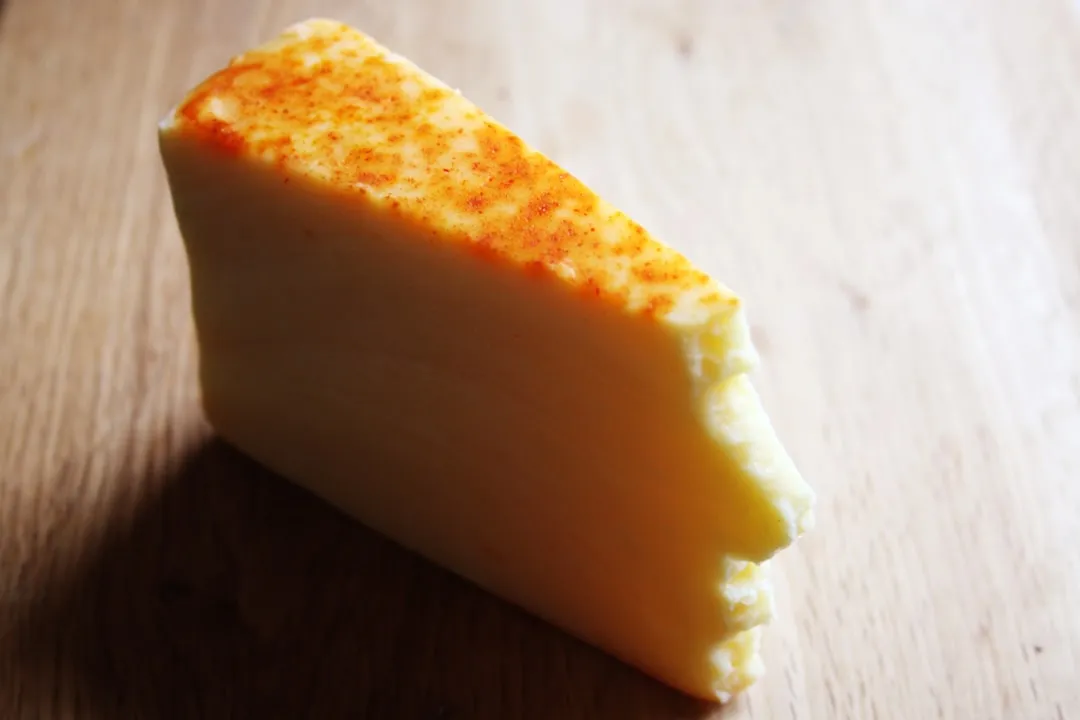
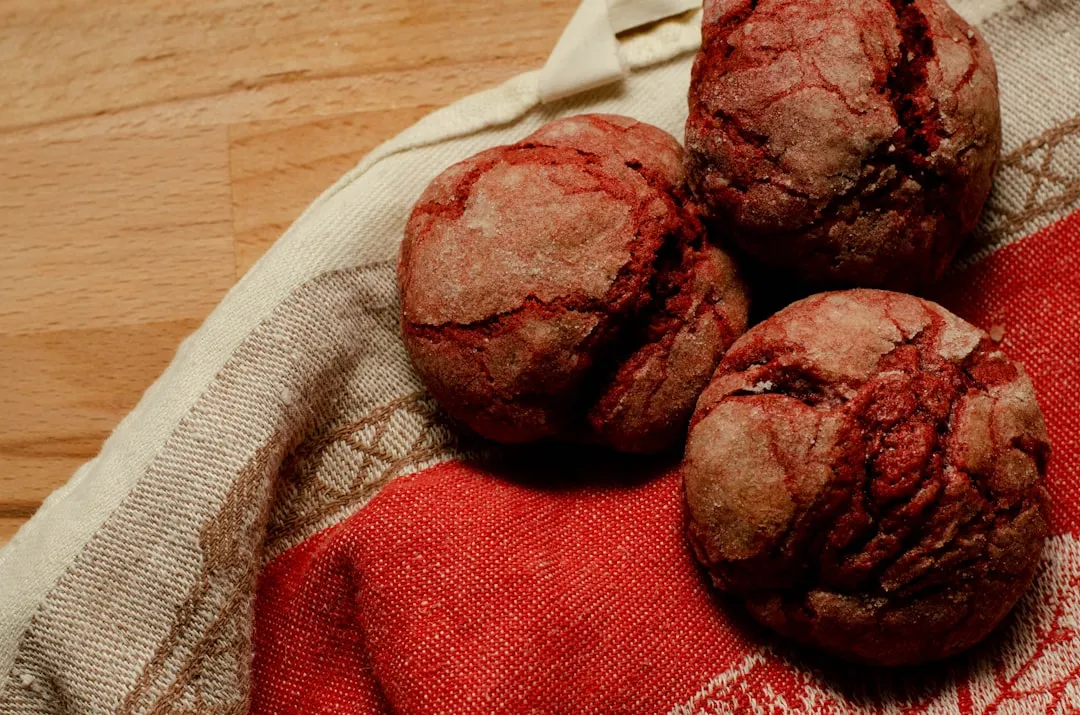
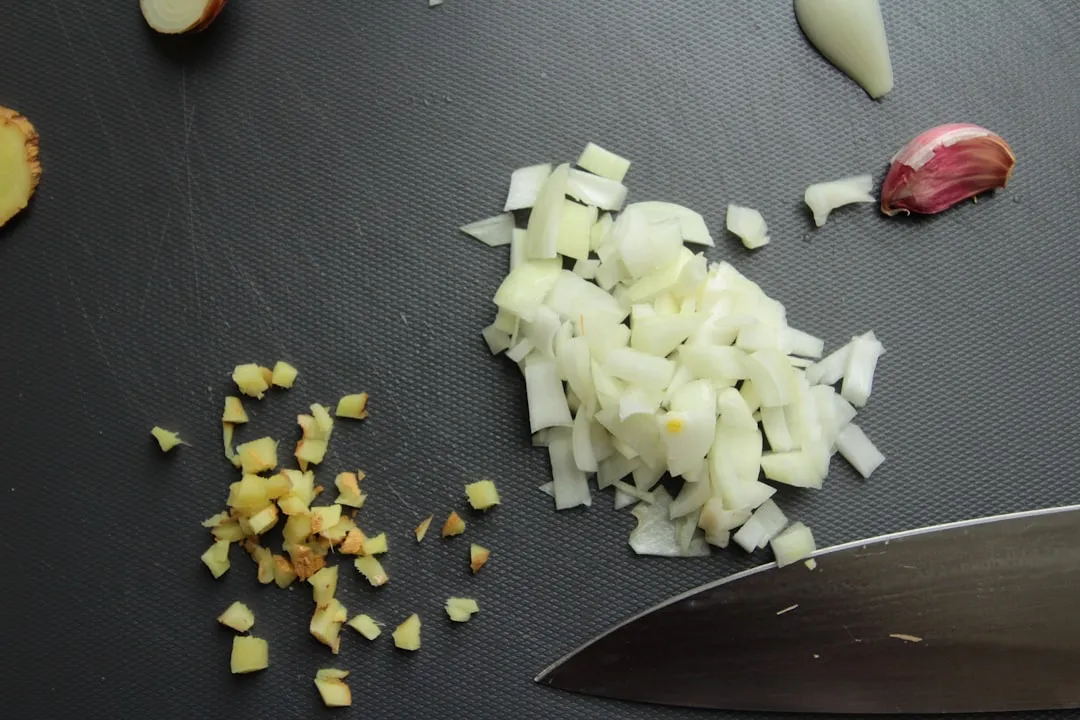
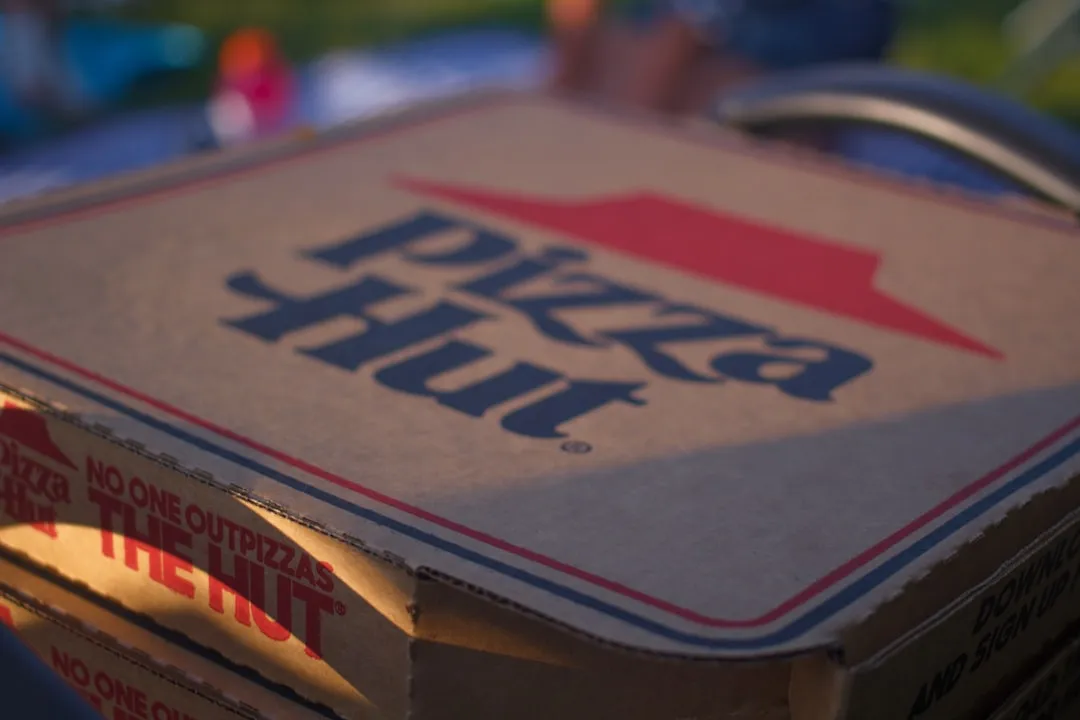
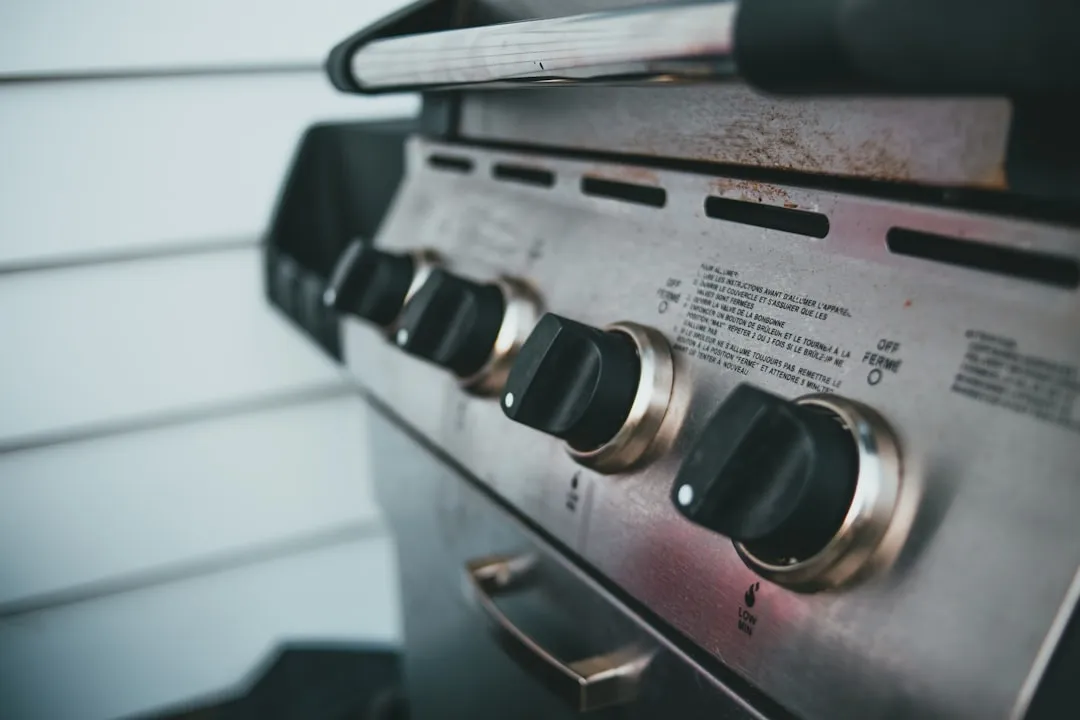
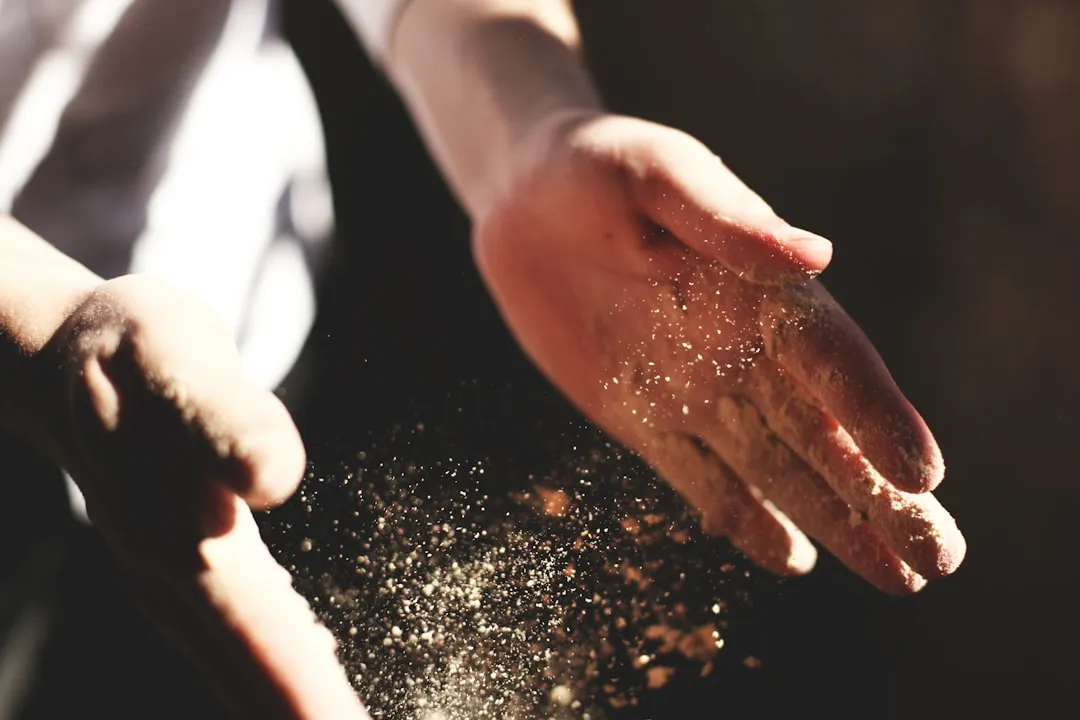
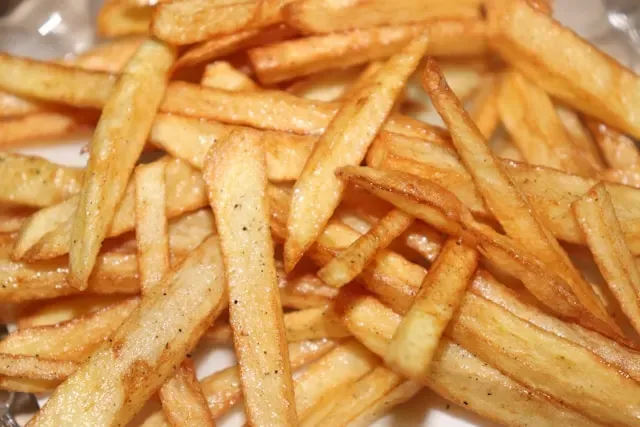
Comments
Be the first, drop a comment!